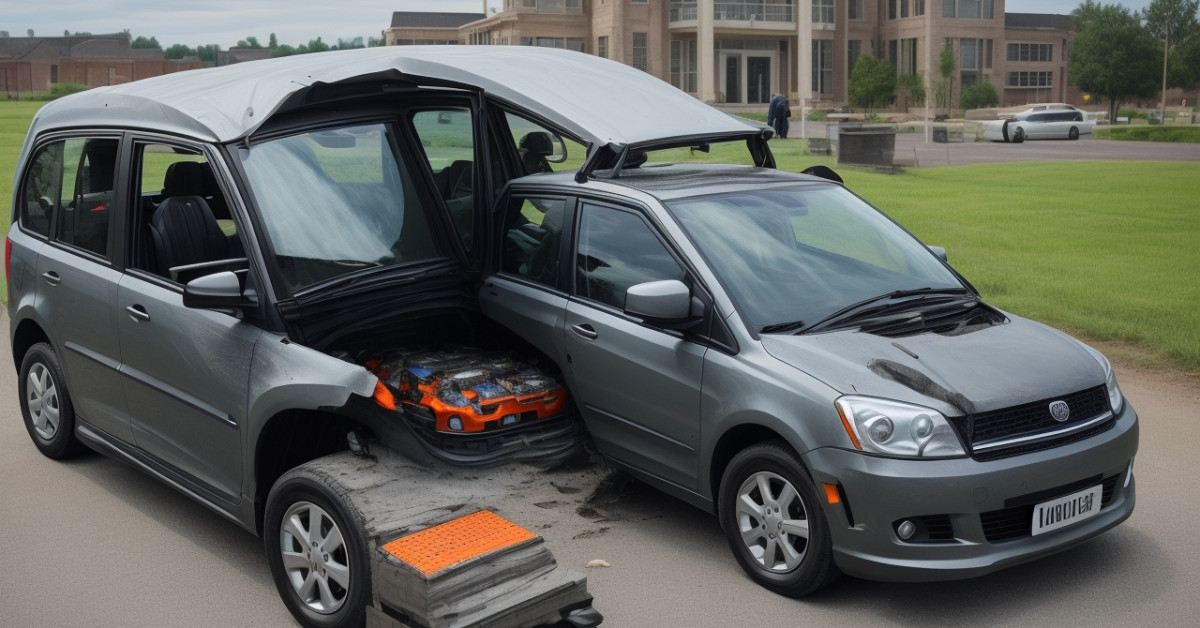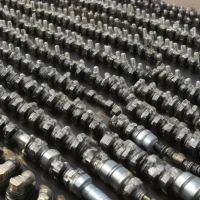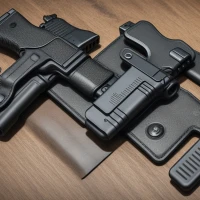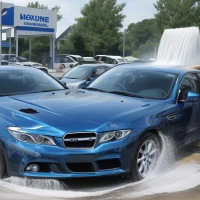In an increasingly uncertain world, safety has become a top priority for many individuals, especially when it comes to their vehicles. Your car is not just a means of transportation; it’s also a mobile sanctuary that should protect you and your loved ones in various situations, including potential threats. While the concept of bulletproofing might seem reserved for VIPs or high-profile individuals, it’s a security measure that’s becoming more accessible to the general public. This comprehensive guide will walk you through everything you need to know about transforming your vehicle into a fortified mode of transport.
Understanding Bulletproof Cars
Before diving into the intricacies of bulletproofing your vehicle, it’s crucial to comprehend what a bulletproof car entails. Generally, a bulletproof car is modified with specialized materials and technologies to withstand the impact of firearms and explosives. The purpose is to ensure the safety of the occupants against ballistic threats.
What Constitutes a Bulletproof Car?
Bulletproof vehicles are equipped with a range of defensive features that separate them from standard vehicles, including:
Related article; Best MPV Cars
- Reinforced frames: These provide added rigidity and strength.
- Armored plates: Strategically placed around the vehicle to deflect bullets.
- Bullet-resistant glass: A multi-layered material that can absorb energy from firearms.
- Protected tires: Designed to resist punctures and maintain functionality when damaged.
The Importance of Discretion
A critical element in bulletproofing a car is maintaining discretion. The vehicle should appear as ordinary as possible to avoid drawing unnecessary attention. This stealth approach enhances security by blending in with traffic and not betraying any signs of reinforcement.
Related article; Best -seat cars
The Bulletproofing Process: A Step-by-Step Guide
Bulletproofing a car is an intricate process that requires expertise and precise modifications. Here are the essential steps to ensure comprehensive protection.
Related article; Best convertibles cars
Assessing Your Bulletproofing Needs
Begin by meticulously assessing your security requirements based on your environment, potential threats, and personal safety goals. This will determine the level of bulletproofing your vehicle will require.
Related article; Best sports cars
Level of Armor
Armor levels range from basic handgun protection to defense against high-caliber rifles and explosive devices. The choice of armor should align with your perceived threat level.
Related article; Best performance cars
Choosing the Right Vehicle
Not all vehicles are viable candidates for bulletproofing due to weight, structure, and performance considerations. Select a car that can support the added weight of bulletproof materials without compromising on maneuverability and speed.
Related article; The best medium vans in
Preparing the Chassis
The chassis should be reinforced to carry the additional weight of ballistic materials. This involves upgrading suspension systems and brake components to ensure the vehicle remains efficient and safe.
Related article; Best small vans
Armor Installation
High-quality armor materials, such as ballistic steel or composites, are fitted to the car’s body, doors, and vital areas. The installation process requires extreme precision to grant maximum protection without affecting the car’s operational aspects.
Related article; best family car
Window Reinforcement
Side and rear windows are replaced with bullet-resistant glass, which can withstand multiple rounds without shattering. Windshields are particularly reinforced since they are a primary target during an attack.
Securing the Undercarriage
A car’s undercarriage is vulnerable to explosives like land mines or improvised devices. Reinforcing this area with blast-resistant materials is imperative to protect occupants from blast threats.
Protecting the Fuel Tank
The fuel tank is susceptible to ignition. An explosion-resistant material should encase the fuel tank to prevent combustion in the event of an impact.
Tires and Rims
Invest in run-flat tires and reinforced rims that allow you to drive for a certain distance even after being compromised.
Final Adjustments and Testing
After installation of the bulletproof materials, the car should undergo thorough adjustments to ensure it handles appropriately. Testing the reinforced vehicle under different conditions is crucial to confirm its performance and safety.
Post-Modification Considerations
Maintaining Your Bulletproof Car
Regular maintenance is pivotal to the longevity and efficiency of your bulletproof vehicle. This involves checking the armoring elements for any signs of wear or damage and confirming that all security features are functional.
Legal and Compliance Issues
Understanding and adhering to legal requirements is essential. Ensure that all modifications are compliant with national and local laws, and consider the implications of owning a bulletproof vehicle.
Professional Training
Consider undergoing professional driver training to acquire the skills necessary to maneuver a fortified vehicle under stress or threat scenarios effectively.
Insurance and Cost Implications
Modifying a vehicle for bulletproofing can be expensive, so it’s important to budget accordingly. Additionally, insurance premiums may increase, so have a conversation with your provider about your vehicle’s changes.
Selecting a Reliable Bulletproofing Company
To ensure the highest quality of enhancements, select a reputable company that specializes in vehicle armoring. They should have a solid track record, offer a comprehensive warranty, and provide detailed documentation of their work.
Research and References
Conduct in-depth research and ask for client references before committing to a bulletproofing service provider. This can safeguard you from sub-standard modifications that could fail when most needed.
Industry Standards and Certification
A trusted bulletproofing service should strictly adhere to industry standards and have relevant certifications. This is a testament to their commitment to providing the highest level of protection.
Frequently Asked Questions
Is it legal to bulletproof your car?
The legality of bulletproofing your car varies by jurisdiction. Always check local laws to ensure compliance with regulations.
How much does it cost to bulletproof a car?
The cost can range significantly based on the level of protection desired. Basic armor packages start at several thousand dollars, with comprehensive solutions potentially reaching six figures.
How heavy does a car get after bulletproofing?
The added weight of armoring can increase the vehicle’s weight by up to 30%, affecting fuel economy and performance. Selecting lightweight materials can help minimize the effect.
Will bulletproofing affect my car’s performance?
Yes, to an extent. Enhanced suspension and brake systems can help mitigate performance loss, maintaining handling and speed efficiency.
Can any car be bulletproofed?
While many cars can be modified, ideal candidates are those with a robust structure and higher engine capacity to handle the weight of armor.
Conclusion: Safety as a Priority
Bulletproofing your car is an investment in safety and peace of mind. It’s crucial to consider your specific needs, carefully select your vehicle and armoring company, and stay informed about the maintenance and regulatory aspects. With the right approach, you can significantly enhance your vehicle’s protection and ensure that you’re prepared for any threats on the road.
Remember, while personal safety is paramount, so is compliance with the law and ethical practices within your community. By following this guide, you can make an informed decision about bulletproofing your car that aligns with your safety concerns and legal obligations. Your car is an extension of your secure environment—fortifying it could be one of the wisest decisions you make for the well-being of yourself and your passengers.










